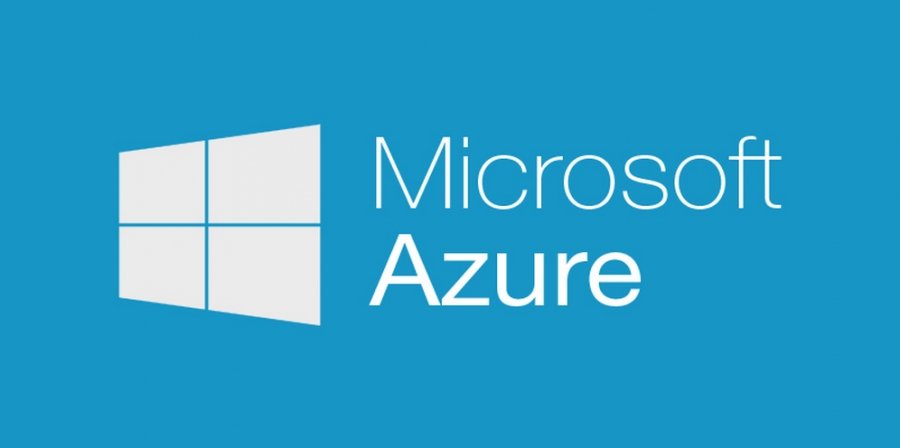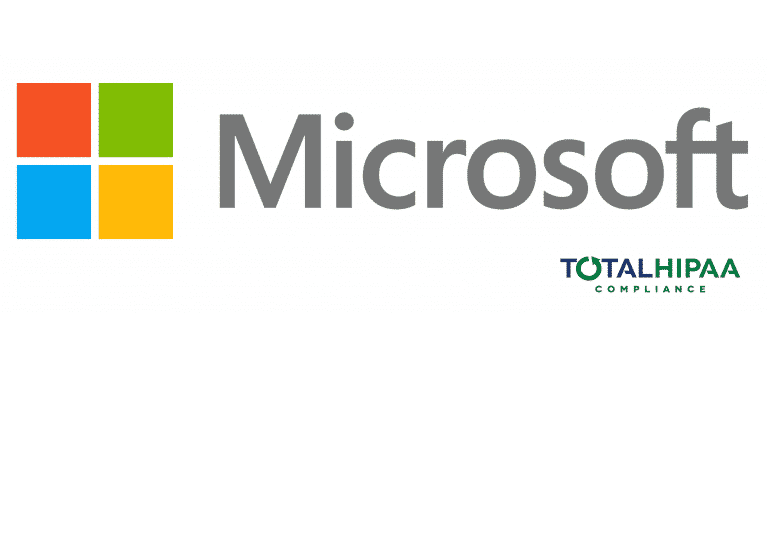Microsoft Azure and HIPAA Compliance
As cloud computing technology advances, industries continue to be transformed. One of these is healthcare, as more hospitals and other health facilities enjoy reduced IT costs, courtesy of moving some of their information technology functions to the cloud. Many larger organizations that provide healthcare services are looking to Microsoft Azure as their cloud provider of choice.
But is Azure HIPAA compliant? The short answer is: it depends. Read on to learn how Azure can provide HIPAA compliance and what steps your organization needs to take when adopting Microsoft’s cloud solution. Also note that we’re assuming basic familiarity with HIPAA. If you want to learn more about the basics of HIPAA, check out this article by ComplianceHome.
Microsoft’s Azure System and HIPAA Questions

Microsoft does not have a problem with signing a business associate agreement with healthcare organizations, which represents a major step towards HIPAA compliance. However, the question of provide HIPPA compliance is more complicated than it sounds. First of all, cloud HIPAA compliance is more about how a healthcare organization utilizes the services of a cloud service provider than platforms and their data safeguards. A healthcare facility could use the services of Azure in a manner that violates HIPAA rules regardless of the presence of a business associate agreement between the two parties. In other words, it is the responsibility of the client to make sure that they utilize Azure’s cloud services without breaching HIPAA compliance rules.
Therefore, Azure is more of a HIPAA cognizant cloud service provider than a compliant entity. Microsoft provides all the necessary safeguards to meet the requirements of HIPAA. It incorporates high-level integrity, audit and security controls, which are all key to ensuring patients’ personal health data security. But the responsibility ultimately lies with the healthcare organization to ensure compliance.
Azure’s Data Encryption Methods
Azure incorporates a sophisticated VPN technology that ensures any client data uploaded, downloaded or stored is highly encrypted. This effectively controls who can access patients’ personal health information. The company offers a variety of tools that clients can utilize for data encryption purposes. However, it is important to note that unlike other cloud service providers, such as Google Cloud Platform, Azure does not automatically encrypt all data at rest due to the company’s HIPAA/HITECH Act Implementation Guidance. That means that the company’s technical staff could easily access clients’ data since they control the encryption keys for file storage. The good news is that clients can prevent this by encrypting all their information with their own encryption keys, which Microsoft strongly recommends.
In addition, Azure incorporates Active Directory to enable their clients to set permissions (even with multi-factor authentication) to their cloud stored data. This is a more secure way for clients to access their cloud based data as they have to prove their logins directly through an app as opposed to entering some digits.
On top of that, Azure provides detailed reports so that clients are able to see who accessed their data or who attempted to. Clients can then implement further data security measures to ensure that this never occurs again.
As far as web-based applications are concerned, Azure offers Qualys, which is a paid third-party application for scanning these applications’ servers for data security loopholes. Finally, the company provides a secure Web Application Firewall, which is soon to be integrated fully with their Security Center.
Azure Helps Clients Utilize the Platform in a Manner That Does Not Violate HIPAA Guidelines
Apart from a secure VPN and detailed loggings, Azure incorporates a secure connection to enable clients to benefit from their cloud platform without breaking the rules of HIPAA. Anything sent between the client and Azure is done so over a highly encrypted and secured channel.
Final Thoughts
Microsoft Azure is one of the best cloud services providers for HIPAA-covered healthcare organizations. They provide many ways for the client to manage their data on cloud without breaching HIPAA guidelines. Plus, they will sign a business associate agreement with the client (a written assurance that they have incorporated all the required privacy as well as security safeguards in accordance with the HIPAA Privacy and Security Rules) if need be.



